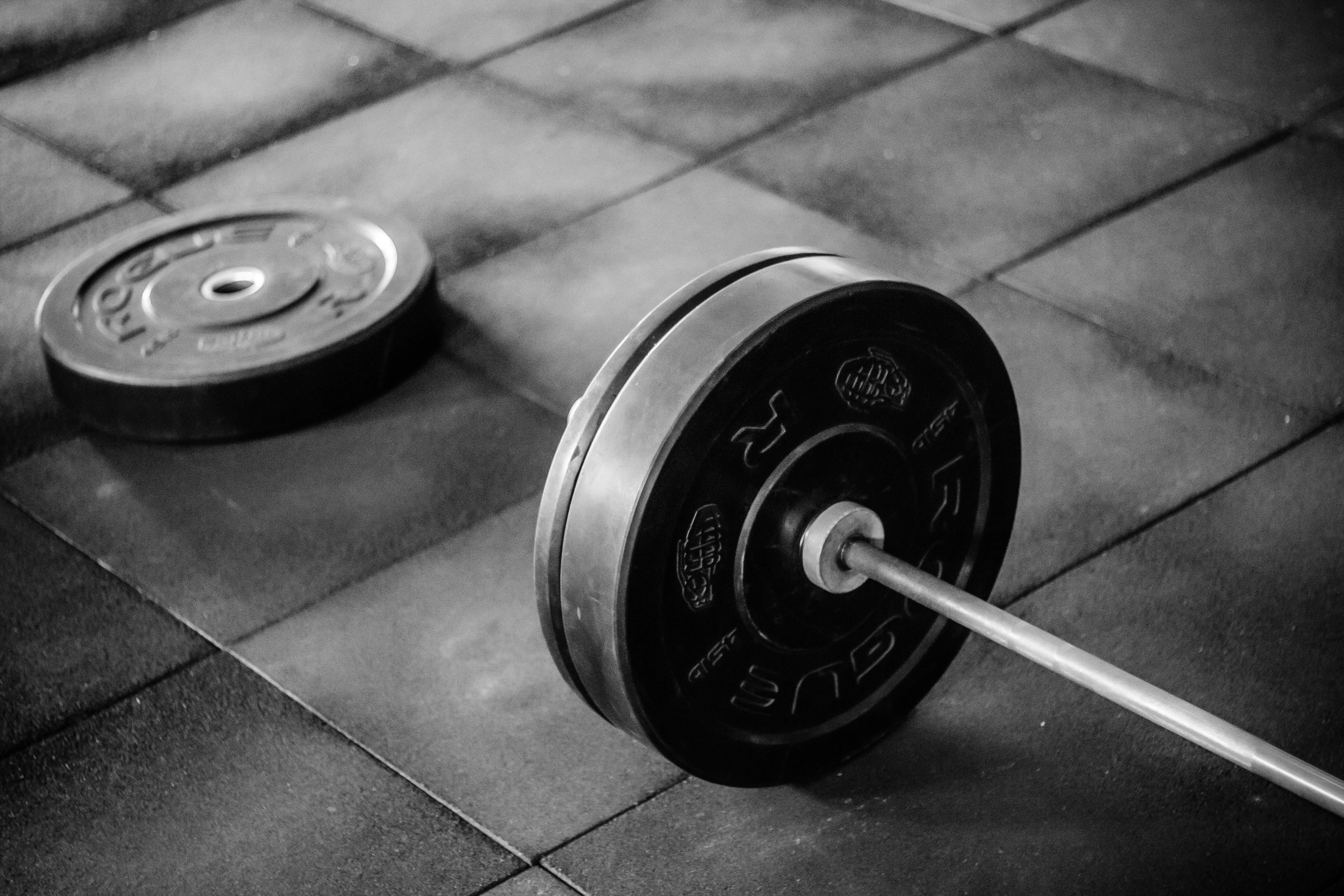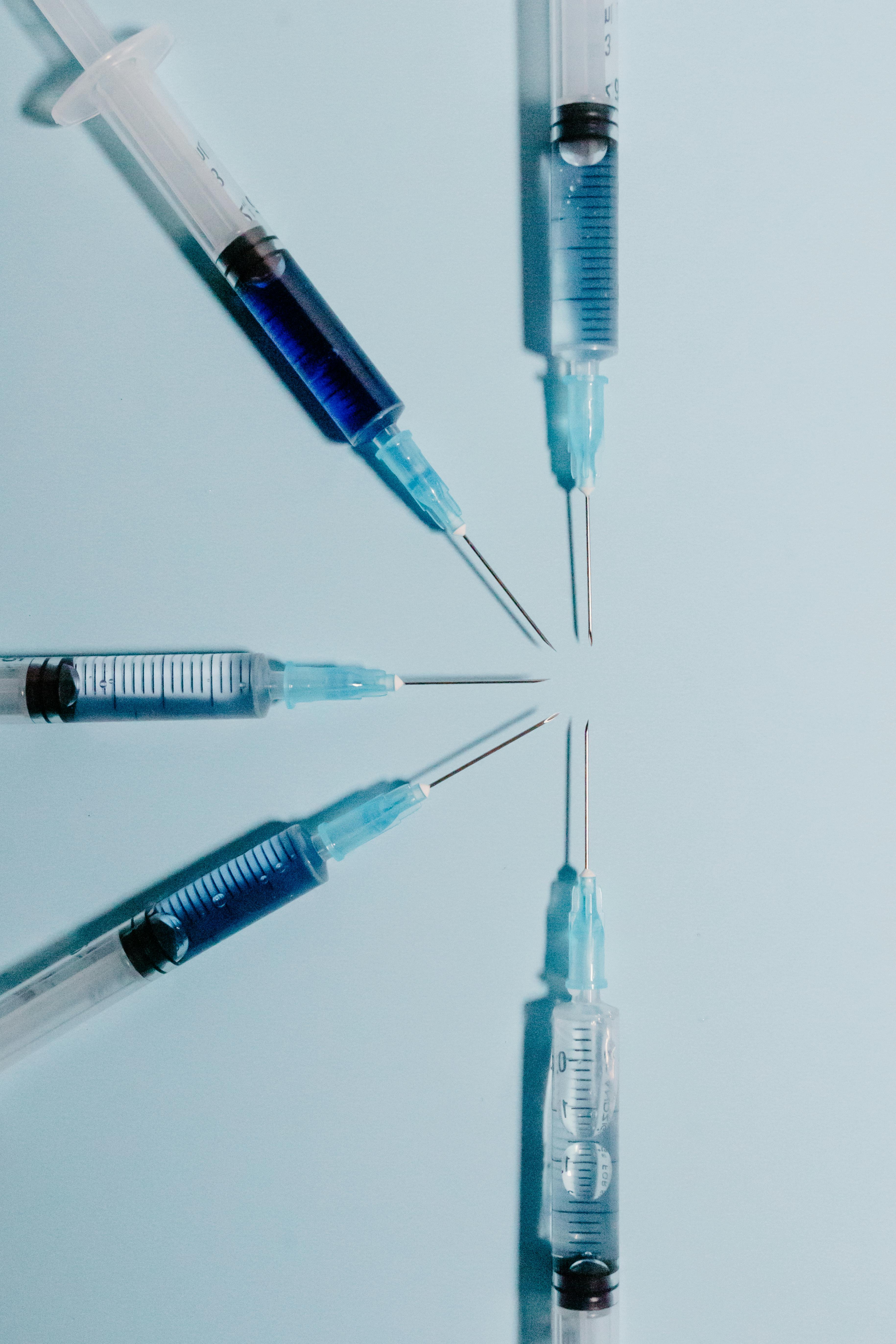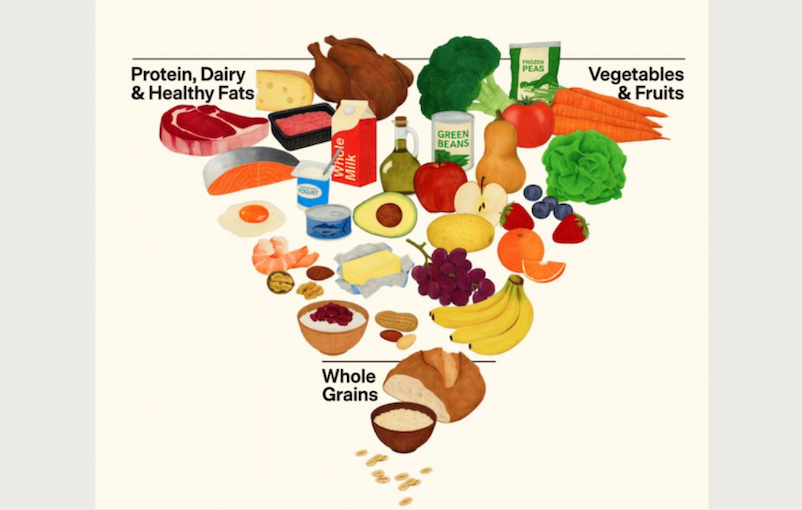Obsessed with My Electrolyte Powder: Is Daily Use Too Much?
Misconceptions of sodium and the Lanby's super water.

A primary care membership for patients who want more. Primary Care. Nutrition. Wellness. All under one roof.
Lately, I've found myself reaching for my LMNT electrolyte powder daily (they taste delicious and allow me to double my hydration). But is it okay to supplement them every day? Let's dive into the world of electrolytes to understand their role, when our needs for them increase, and how much is too much.
What Are Electrolytes?
Electrolytes are minerals with an electric charge, crucial for various bodily functions like nerve and muscle function, hydration, blood acidity and pressure regulation, and tissue repair. Key electrolytes include sodium, potassium, calcium, bicarbonate, magnesium, chloride, and phosphate.
Why Supplement Them?
Our bodies don't produce electrolytes; we must obtain them from food and drinks. Supplementing with electrolyte powders, like LMNT, becomes essential when dietary intake falls short, especially for active individuals or those following specific diets that may limit certain food groups.
LMNT's Electrolyte Composition:
LMNT electrolyte powders are known for their high sodium content, which might raise some eyebrows. A standard serving contains about 1000 mg of sodium, 200 mg of potassium, and 60 mg of magnesium. These levels are designed to replenish what's most commonly lost through sweat, especially during intense workouts or in hot climates. Whichever source you go with, beware of added sugars promoted to support “extra hydration.” While glucose can increase hydration faster, electrolytes without sugar can achieve the same purpose just as effectively.
The Misconception Around Sodium Intake:
There's a common misconception that high sodium intake is bad, particularly in terms of blood pressure and cardiovascular health. However, the science on sodium intake is changing a lot, namely its impact depending on its intake form. Sodium consumed with food (particularly ultra-processed food) can cause water retention, affecting blood pressure. But when taken with adequate water, as in the case of electrolyte supplements like LMNT, it helps maintain hydration and can be quickly regulated by the kidneys. It's crucial to understand this difference, especially when considering the role of sodium in electrolyte supplements versus its role in dietary intake.
When Do Electrolyte Needs Increase?
Your need for electrolytes spikes with increased physical activity, sweating, illness (especially with vomiting or diarrhea), extreme weather conditions, and even stress. These factors can lead to electrolyte imbalances, making supplementation beneficial.
How Much Supplemental Electrolytes Is Healthy?
The key is balance. While electrolytes are essential, too much can be harmful. The recommended daily intake varies for each electrolyte. With LMNT providing a significant portion of your daily sodium, it's important to balance your overall electrolyte intake throughout the day. Typically, one packet of LMNT per day is safe and even beneficial to fluid balance.
What Are the Downsides to Taking Electrolytes?
Each electrolyte has its own upper tolerable intake level. Exceeding these limits can lead to imbalances such as hypernatremia (excess sodium beyond the upper limit of 2,300 mg per day for adults) or hyperkalemia (excess potassium), which can be harmful. It's crucial to read labels and understand your daily electrolyte intake from both food and supplements. Symptoms range from mild discomfort like nausea and diarrhea to more severe complications like kidney damage or cardiovascular issues.
Trace Minerals: What Are They and How Are They Different?
Trace minerals are essential nutrients found in small amounts in the body, including iron, zinc, copper, manganese, selenium, and iodine. Unlike electrolytes, which mainly regulate fluid balance and nerve signaling, trace minerals are vital for growth, bone health, fluid balance, and several other bodily functions. While they are needed in smaller quantities, their role is just as crucial. For optimal trace mineral intake, we recommend products like Sakara, which are specifically formulated to provide a balanced spectrum of these vital nutrients, complementing the electrolyte balance provided by LMNT.
Overall Takeaway:
Balancing electrolyte and trace mineral intake is key to maintaining optimal health. While LMNT is excellent for electrolyte replenishment, don't forget to include trace minerals in your diet, ideally through natural sources like spring water or quality supplements like Sakara. As always, moderation and listening to your body's needs should guide your supplement choices.
The Lanby’s Super Water Recipe:
- 1 cup unsweetened coconut water (once upon a coconut)
- Dash of sea salt (himalayan or celtic)
- Juice of 1/2 lemon
- 10 drops trace minerals (Sakara or concentrate)

If you're curious to learn more about The Lanby, book a free consult call and we'll chat about how The Lanby can be your personalized long term health and wellness partner.

Kendall is a graduate of the University of Mississippi, with a B.A. in Integrated Marketing Communications and a minor in Business Administration. She received her certificate of Nutrition Science from the Friedman School of Nutrition at Tufts University.

Chloe holds a bioengineering degree from the University of Pennsylvania. As a breast cancer survivor, her insights shape The Lanby's patient-centric approach. Leveraging her healthcare strategy background, Chloe pioneers concierge medicine, bridging gaps in primary care.

Tandice was recognized with the Health Law Award and named a Ruth Bader Ginsburg Scholar at Columbia Law School. Tandice's editorial role is enriched by her insights into patient autonomy and gene modification legalities. Passionate about bioethics, she is committed to crafting patient-centric healthcare solutions.





